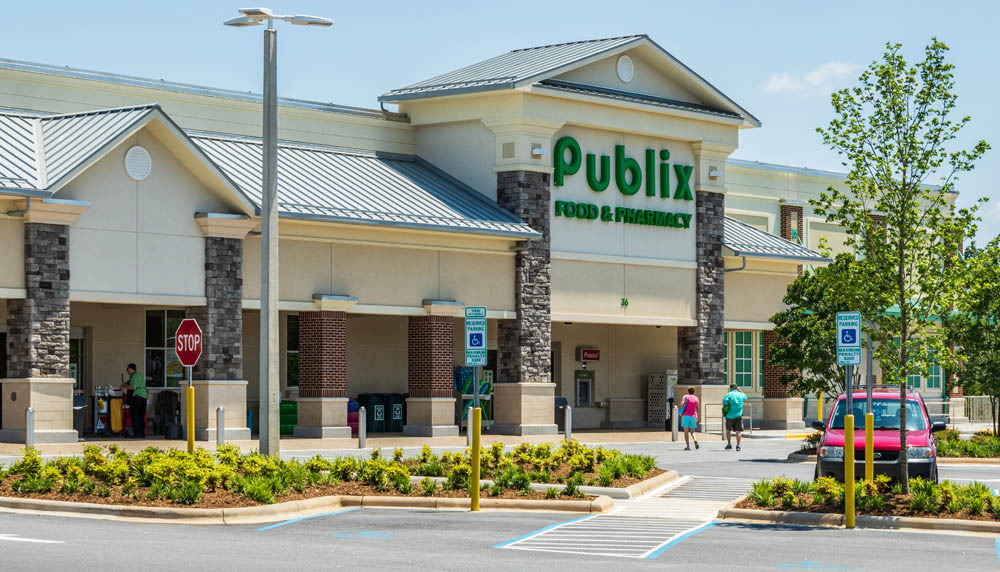
Landlord’s Shopping Center Renovations Cause Problems for Tenants
Usually, it is a good thing when an anchor tenant decides that it is time for a massive renovation that requires Landlord to totally renovate and redesign the shopping center. It should mean a good face lift and upgrades for the local tenants. However, there will be some challenges and pain suffered along the way, particularly if the tenant does not have protections built into its lease up front, but also if the tenant doesn’t seek and obtain protections prior to the commencement of construction.
This scenario is playing out for a local restaurant client of mine. The restaurant, a popular deli located in a Publix anchored shopping center is suffering through Landlord’s renovations of the Publix and the shopping center. To call the work “renovations” is an understatement as Publix, like it so often does with its older, smaller stores, is in the process of a total rebuild. Only the exterior walls remain. The interior has been totally gutted and the roof above the store is gone. Like so many old Publix centers, Publix sits in the middle of the shopping center, with small, local retail, including my restaurant, on either side. From the street, it looks as if Publix is not just closed, but demolished. Therefore, it looks as if the entire shopping center will also be demolished.
During the demolition work, the contractors have cut water, gas and electric lines multiple times causing my client to close down for several days. The client has suffered lost revenue and expenses including paid wages for closed days to employees, not to mention spoiled food and other lost expenses. Vibrations from construction activities, unclean work site (such as nails in the parking lot), unsafe sidewalks and no signage, have also adversely affected business. The client has contacted the Landlord through the property manager and so far, the property manager has deferred to the general contractor, arguing that all cuts in utility services are general contractor’s liability.
Client contacted me for help. The first thing to look to is the lease. The lease should have protections for disruption of utilities and services caused by Landlord, in this case through its contractors. It should have provisions regarding construction and renovation of the shopping center, maintenance of the common areas, access to the shopping center and Tenant’s premises, quiet enjoyment. signage and multiple other like provisions. Needless to say, I have seen better leases than this one.
The next question is whether Landlord approached Tenant prior to construction started. Landlord should have discussed its plans with all of the tenants and the accommodations Landlord would make to minimize disruption to each of the tenants’ businesses. Tenants could then outline their concerns so that Landlord could adjust. Expectations could be set and met. In this case, despite the fact that everyone knew Publix’ plans, work just started without any converations.
Now, here we are with loss of business damages to the client. This is a good reminder as to why it is important to consult with an attorney prior to signing any document. A properly drafted lease probably would not have stopped this Landlord from doing thing that disrupted Tenant’s business. But it sure would have given Tenant leverage and remedies when things got bad.




No Comments
Sorry, the comment form is closed at this time.